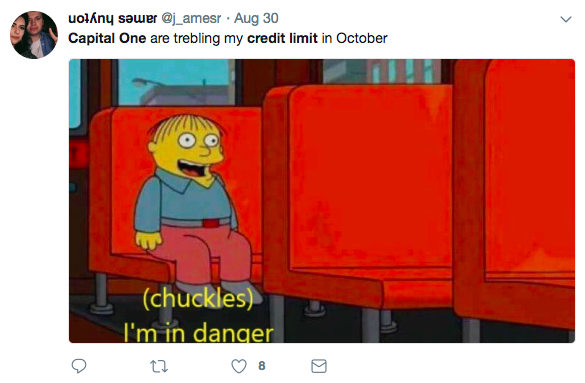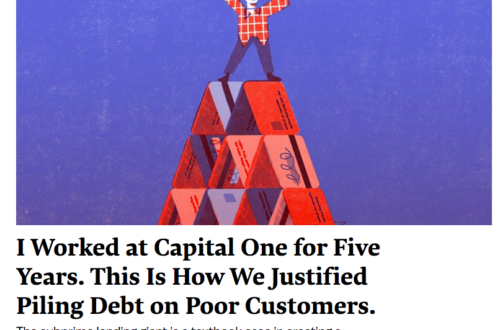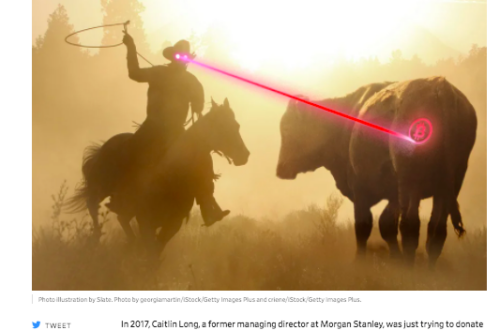All it takes is a quick search on Twitter to see that credit limit increases drive incredibly strong and oftentimes mixed emotional reactions for Americans. To clarify, when I say ‘credit limit increase’ here, I’m talking about when a credit card issuer raises the limit of how much a customer is able to spend or borrow.
In theory, having access to more credit — that you’re under no obligation to use — seems like it would be a strictly good thing. It’s there if you need it, and if you don’t use your higher credit limit, your credit score will typically go up (this article explains why).
But clearly, many American consumers feel differently.
I looked at tweets that mentioned ‘credit limit’ and a major credit card issuer (I used Discover, Capital One, Chase, Citi, Bank of America and Wells Fargo).
Here’s what I learned:
Obviously a lot of people are happy when they get a credit limit increase
So Capital One increased my credit limit pic.twitter.com/bCbMjgaqIp
— ??Vixen (@sweetiekeke) July 27, 2018
And some consumers think of a high credit limit as a sign the bank trusts and values them as a customer
Citi hands me a credit limit increase every week it seems like lol. Meanwhile, Chase doesn’t even acknowledge me as a customer
— Chase (@chasemase_) August 9, 2018
But many Americans are afraid that having more credit available to them will lead them to take on more debt
Capital One just raised my credit limit by another $1,000. I will never get out of debt ?
— Ginger Wesson ➡️ Lost Lands (@GingerWesson) September 5, 2018
And a lot of people self-identify as “not being ready” to use credit wisely
Capital One bumping my credit line, I don’t need this kind of responsibility. pic.twitter.com/UoMAf3bHT7
— Quinndellx (@Quinndellx) August 18, 2018
Americans don’t perceive their banks have their best interests at heart
When Discover keeps raising my credit limit because I keep paying off my credit card bill pic.twitter.com/XgxyT2xY7j
— Rachel (@rachhellynn) September 7, 2018
Nice try Bank of America. raising my credit limit to 3000. I’m not falling for your tricks
— Supreme Kai (@jewelsanddrugzz) August 31, 2018
Wells Fargo sees I’m making timely payments to my credit card and their first thought is to raise my credit limit. They are the devil but I will not give in ?
— Tough Pupusa ?? (@kimbo_slice0729) May 24, 2018
It’s usually not clear or straightforward to decline an unwanted credit limit increase
Got an email that my credit limit has been raised and that is so dangerous how do I decline ?
— Sydney (@SydneyNassiri) April 24, 2018
But lots of people want or need a higher credit limit, and don’t know how to get it
i need a higher credit limit @Citibank
— czrmn (@xczarmainee) September 3, 2018
@ChaseSupport Hello! How do I go about asking to raise my credit limit? Thanks!
— Tomas (@Chef_Tom44) August 2, 2018
There can be a huge disconnect between how banks see credit limit increases and how customers see them
For many Americans, getting a credit limit increase is like someone bringing you a plate of cookies if you’re on a diet. Banks can reason ‘I’m doing this customer a favor — all they have to do is not eat the cookies if they don’t want the cookies.’ A common line of reasoning also says ‘most of the time, when I give customers the cookies they eat them, which must mean they want me to give them even more cookies.’
But we all know that self-control and will-power are limited resources.
For analysts and managers at banks, salaries tend to be high enough that it may be almost effortless for those people to ‘stick to their budget’ — but for most Americans, living within their means takes discipline and resourcefulness.
The less money you have, the harder it becomes to always ‘do the right thing.’ This is how the American Psychological Association describes the problem:
People at the low end of the socioeconomic spectrum may be particularly vulnerable to a breakdown of their willpower resources. It’s not that the poor have less willpower than the rich, rather, for people living in poverty, every decision — even whether to buy soap — requires self-control and dips into their limited willpower pool.
Taking a human-centric approach means that banks need to step away from the mentality of “this is in the customer’s rational best interest,” and meet customers where they are in life.
So what do we do about the problem?
On the regulatory side, Australia previously had a law stating that banks needed to let customers accept or reject credit limit increases, rather than increase them without customer consent. They recently revised that law to prevent banks from advertising credit limit increases altogether. The latter provision will almost certainly have some unintended consequences — if banks can’t raise credit limits after account opening, they’ll be incentivized to start customers at high credit limits to begin with, making them more likely to give a high initial credit limit to someone who really can’t afford it. The earlier law though, which gave customers the right to accept or decline a higher credit limit, has some obvious benefits — it gives consumers more choice and autonomy to chart their financial future.
i wish credit card companies would make me accept or decline a credit limit increase because this shit is gonna get me in trouble
— katie (@katiefordddd) July 26, 2018
Angelia Littwin of Harvard University though has pointed out that since most banks choose to authorize some transactions that take a customer over their credit limit, credit limits aren’t really effective as a budgeting mechanism for consumers.
Ultimately, consumers need access to better tools to help them limit their spending to an amount they feel comfortable with.




